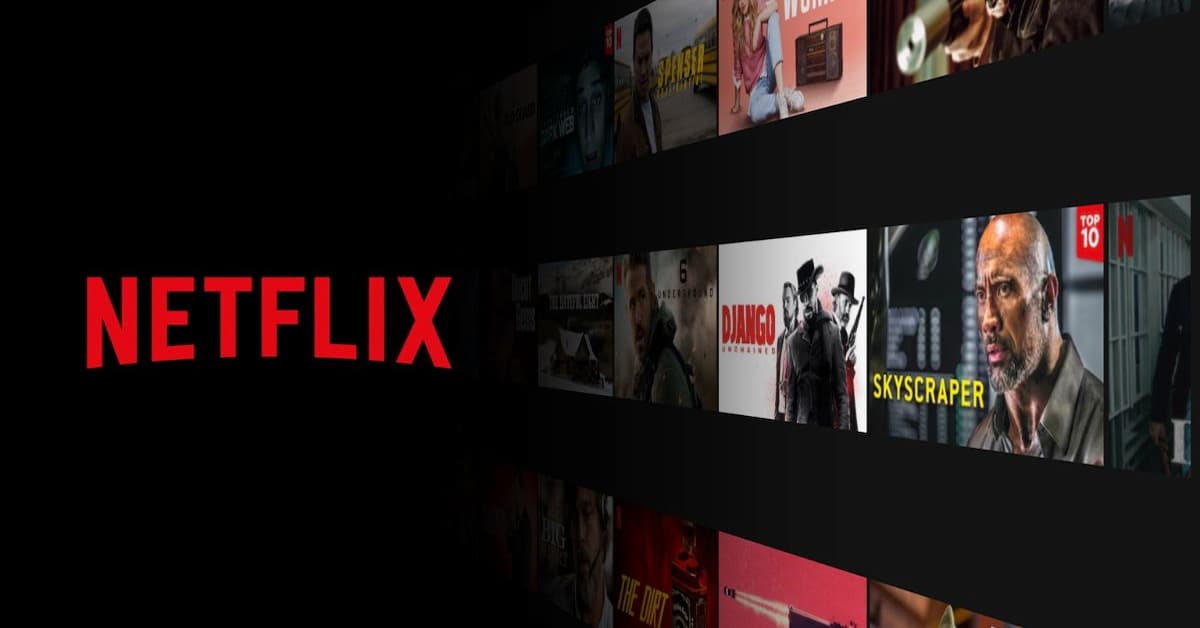The stock market is a complex ecosystem, influenced by a myriad of factors ranging from geopolitical events to corporate earnings reports. Recently, two significant events have caused ripples in this ecosystem – Israel’s retaliatory strike on Iran and Netflix’s disappointing earnings report.
US stock futures experienced a dip following Israel’s strike on Iran, which led to a rush towards safe havens such as gold. The Dow Jones Industrial Average futures were down by approximately 0.3%, recovering from a 1.4% drop in after-hours trading. Similarly, S&P 500 futures dropped 0.4%, while contracts on the tech-heavy Nasdaq 100 slid 0.6%.
The market’s initial reaction was one of alarm as Israel attacked an Iranian city home to nuclear facilities despite urging from allies to refrain from escalating military violence. This uncertainty led to a surge in prices for oil and gold, while stocks and Treasury yields sank. The CBOE Volatility index, Wall Street’s “fear gauge,” hit a five-month high.
However, as signs emerged that the scope of the Israeli strike was limited, some composure returned to the markets. Despite this, investors remain on high alert due to the lack of details about the strike’s impact.
Adding to the market’s woes, Netflix’s disappointing earnings report weighed on hopes that quarterly earnings would meet high expectations and help revive the equity rally. Shares of the streaming giant slid 6% in pre-market trading despite reporting a high-quality result with a 1Q subscriber beat driven by core US and Euro markets and stronger-than-expected average revenue per user.
Despite the pullback, some analysts argue that Netflix’s fundamentals remain strong and that the stock may not be as expensive as it appears on the surface. This perspective suggests that the current dip in Netflix’s stock price could present a buying opportunity for investors.
In conclusion, the recent market turbulence underscores the importance of staying informed and maintaining a diversified portfolio. As always, investors should carefully consider their risk tolerance and investment goals before making any decisions.


